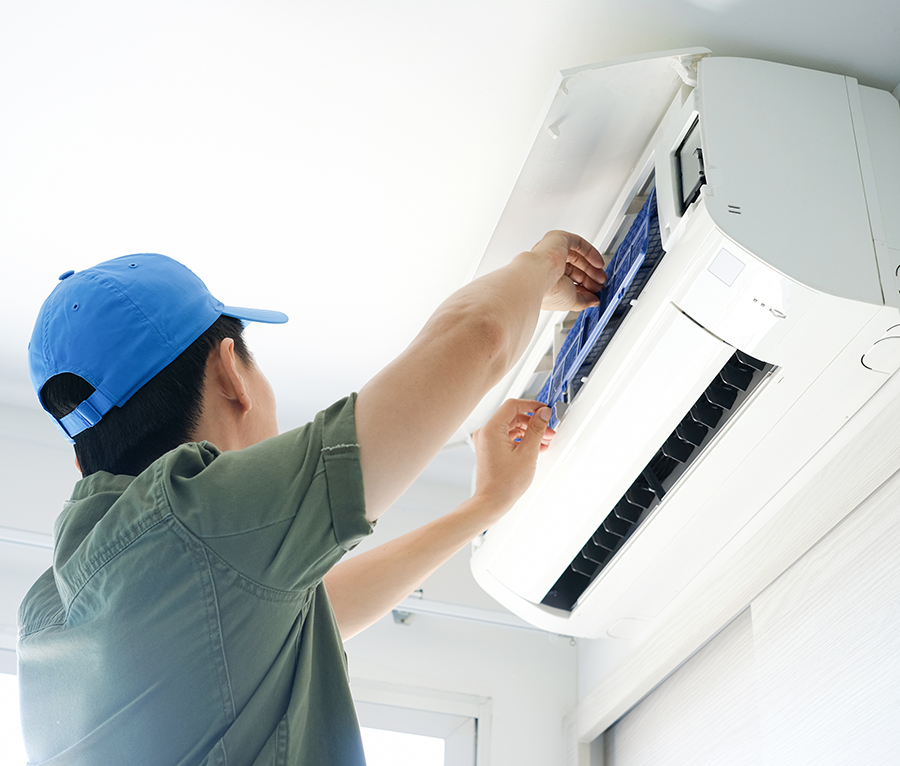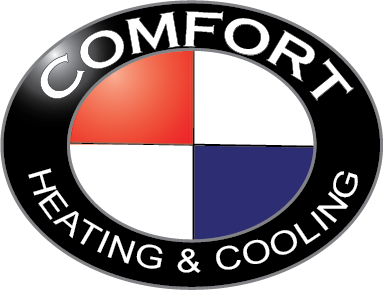How to Extend the Life of Your HVAC System
From heating to cooling to air filtration and humidity control, HVAC is the most vital component of a home’s comfort. Since it’s used so much, it won’t last forever. But given its expense, you want to make the most of its possible lifespan, especially because your family depends on it for daily comfort. How can you make sure that your system not only meets its minimum lifespan but possibly even exceeds it?
How long does an HVAC system last?
It depends on brand, upkeep, climate, and use but on average, most HVAC systems can last 15-20 years.
- Furnaces: 20 years
- Air conditioners: up to 15 years
- Heat pumps: 15 years
- Ductless heat pumps: up to 30 years
Of course, even though a system can technically last a particular length of time, there’s no guarantee that it will last that long. Repairs and breakdowns can occur and even in the best-case scenario, your equipment will gradually become less reliable and less efficient. At this point, it often makes financial sense to replace your furnace or air conditioner completely. There are some steps you can take to help extend its life. Read on for our top tips for getting the most out of your furnace or air conditioner!

Schedule tune-ups
This simple step is often overlooked. If your system is functioning as it should be, why waste the time and money getting it maintained? Well, just like your car, maintenance helps to both identify problems before they arise and catch any problems that are just starting. Plus, keeping your system clean and properly lubricated will make it more efficient as well as longer lasting!
Our regular furnace or AC tune-ups usually include inspecting the following:
- Airflow: Any airflow obstructions will be removed and the air filter inside the indoor unit will be cleaned or removed.
- Refrigerant: We look for any leaks in the lines, coils, and flair connections.
- Drainage: Drain lines are flushed and treated to prevent mold growth.
- Electrical: Wiring is inspected for wear that could cause ice to form on the coils.
- Compressors: We inspect and test the compressors, valves, and sensors that regulate the refrigerant.
- Coils: Coils are cleaned to remove any debris and to prevent mold and mildew from developing.
Replace air filters
Dirty air filters can greatly reduce the efficiency and lifespan of your HVAC system. Don’t make it harder for your system to circulate air throughout your home! Normally, filters should be changed by the homeowner every 1-3 months, depending on your system’s instructions, your home, and your lifestyle. Filters also should have the appropriate Minimum Efficiency Reporting Value (MERV) for the system. This value is normally somewhere between 7 and 13, with the higher number being more efficient.
Keep the vents clean
Dust and dirt can build up on your HVAC’s vents, which negatively impacts its efficiency. Routinely wiping vents and registers will prevent dirt from circulating through your living spaces. Additionally, check that vents aren’t obstructed by furniture, rugs, or other household items. Lastly, make sure that all the vents in your home are open. Homeowners often think closing vents in underused rooms will save energy but, in fact, this causes issues like duct leaks, airflow issues, and even frozen evaporator coils.
Upgrade your thermostat
Using the latest technology will keep your home more comfortable and your energy bills lower. Smart thermostats let you control your home’s temps from your smartphone, no matter where you are. Some models can learn your typical behaviors and automatically adjust temperatures for you. Even a less advanced option like a programmable thermostat helps save energy. By setting your thermostat to be more comfortable when you’re home and a little less comfortable when you’re not around to notice, you’ll be reducing your energy use and improving your efficiency. These reductions will only make your system last longer.

Use your fan
Many HVAC systems have a fan option that can be set to “auto” or “on.” Using the fan on “auto” will circulate the air when the system is cooling or heating. Using the fan on “on” will circulate air constantly. There are advantages to keeping your fan switched to “on,” such as better trapping dust. If you or someone in your home suffers from allergies, this might be a good option. On the other hand, if your fan is running constantly, your system will work harder and dirty up filters more frequently. In general, keeping your fan on “auto” is a better option for energy efficiency and extending the life of your system.
Insulate
A straightforward way to take it easy on your HVAC system is to amp up your insulation. A well-insulated house will better keep your cooled or heated air where you want it – inside! Attics, in particular, are important areas to keep insulated. If your whole house lacks proper insulation, you could consider adding more insulation into wall spaces or in basement areas. View recommendations and even instructions on how to do it yourself from the EPA’s Energy Star program.
Consider low-tech options to give your HVAC a break! In the summer, ceiling fans are an affordable way to provide a breeze and help circulate air. Reflective shades can block out sun and help keep your home cool. Refraining from using the oven will keep your home cool. In the winter, open curtains to let in the sun. Pile on the blankets and sweaters, too. These small measures might help keep you just a bit more comfortable without adjusting the thermostat!
Contact Comfort Heating & Cooling
If you’re looking for more tips and recommendations, contact our reliable technicians. We’ll assess your needs and your home and provide you with reliable, budget-friendly solutions. Call 503-679-9276 to schedule your heating consultation today with one of our NATE certificated HVAC technicians.
